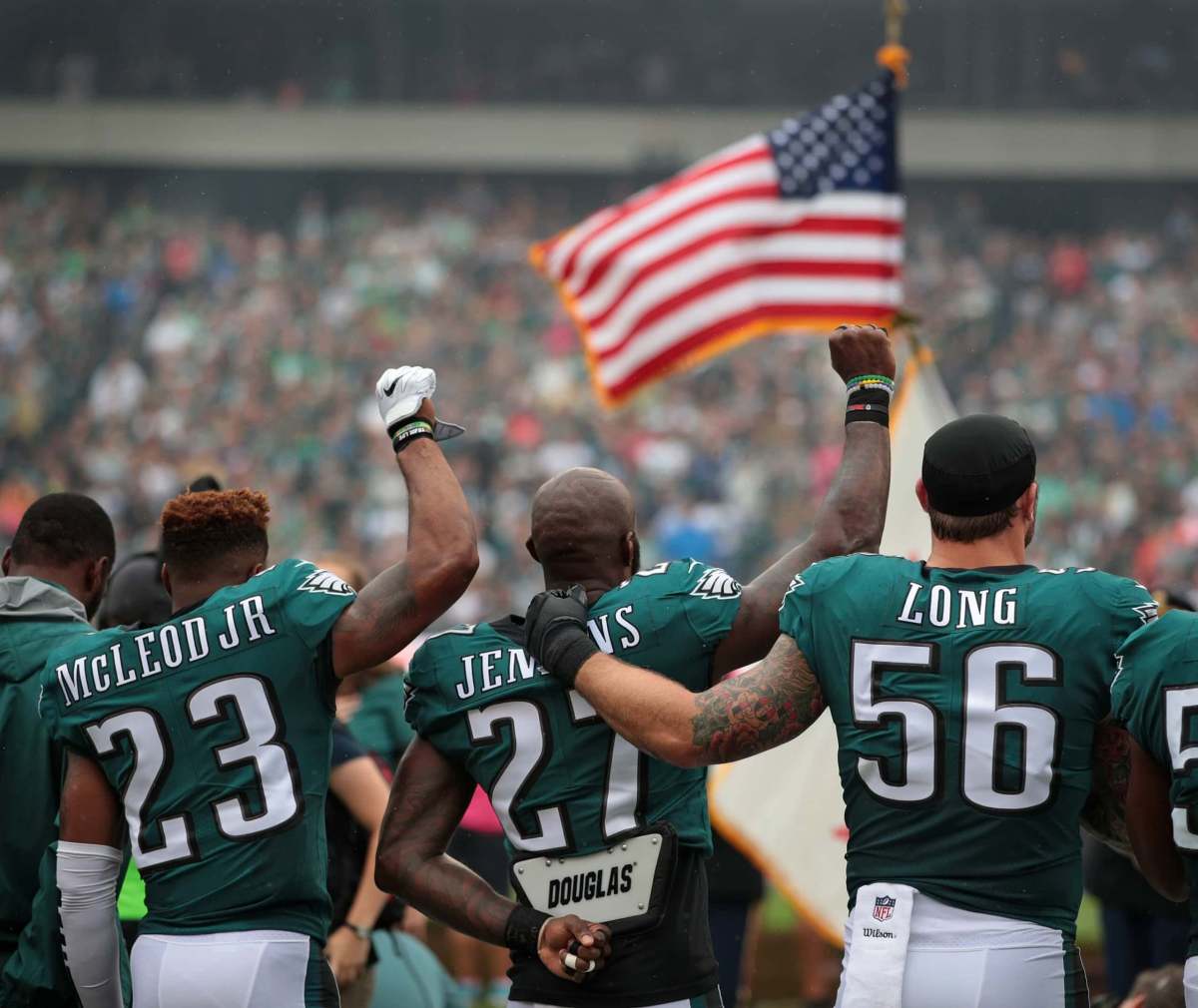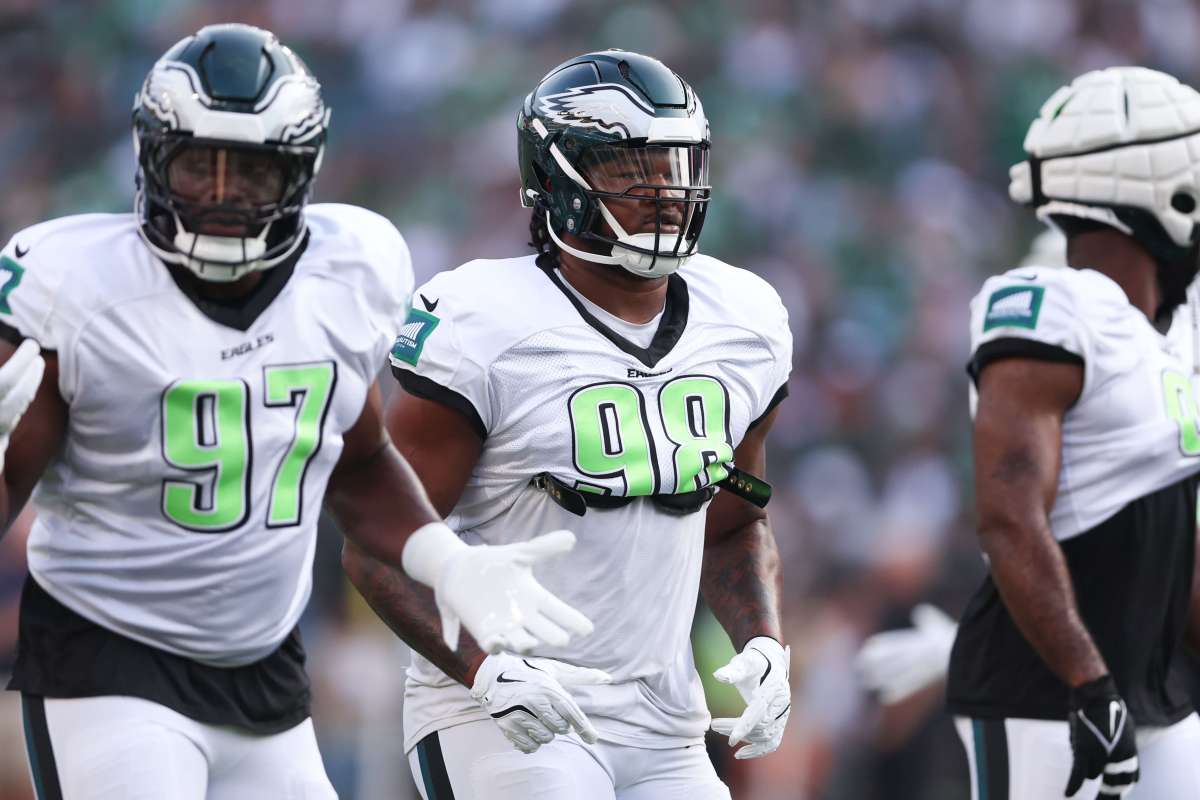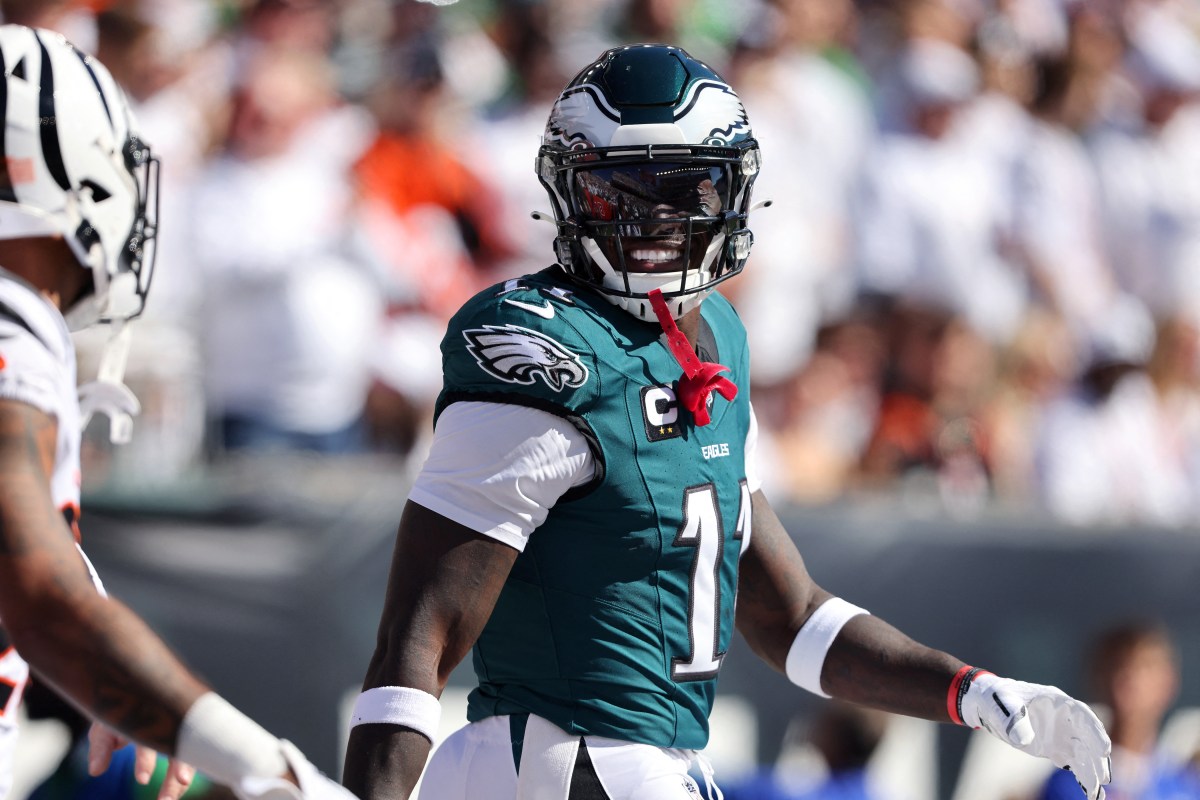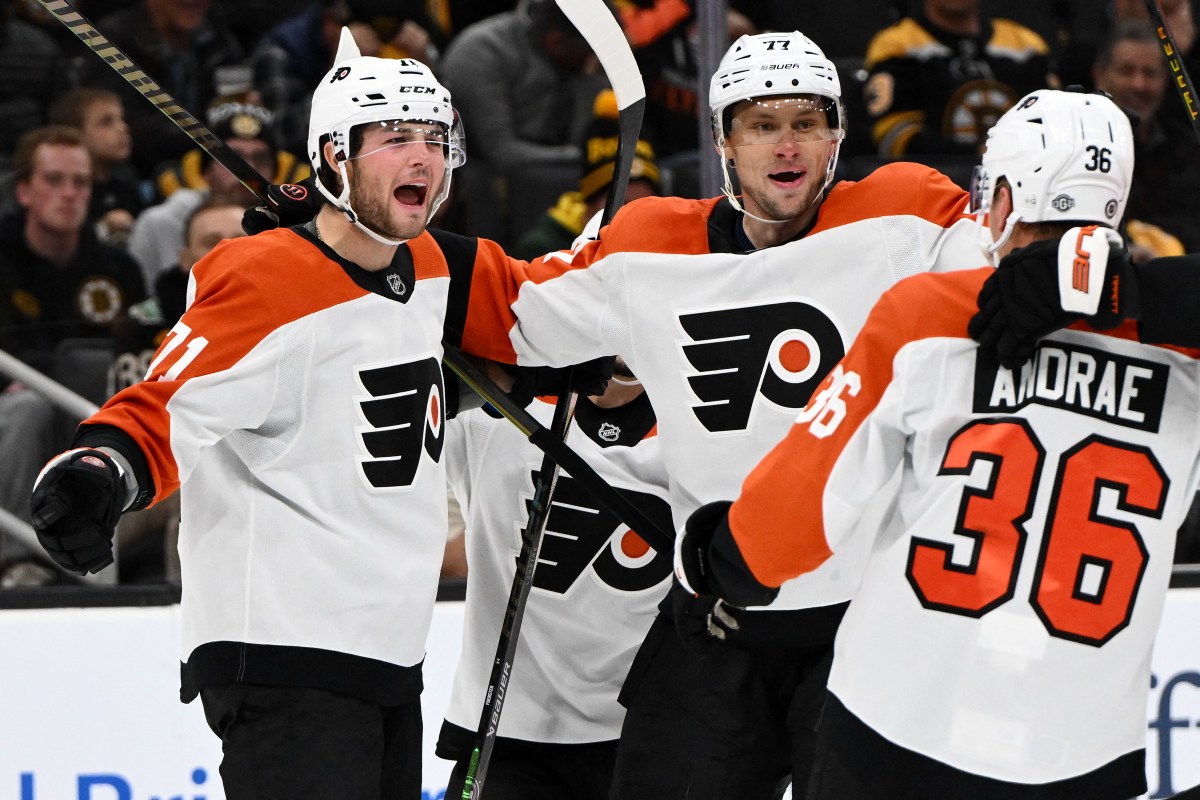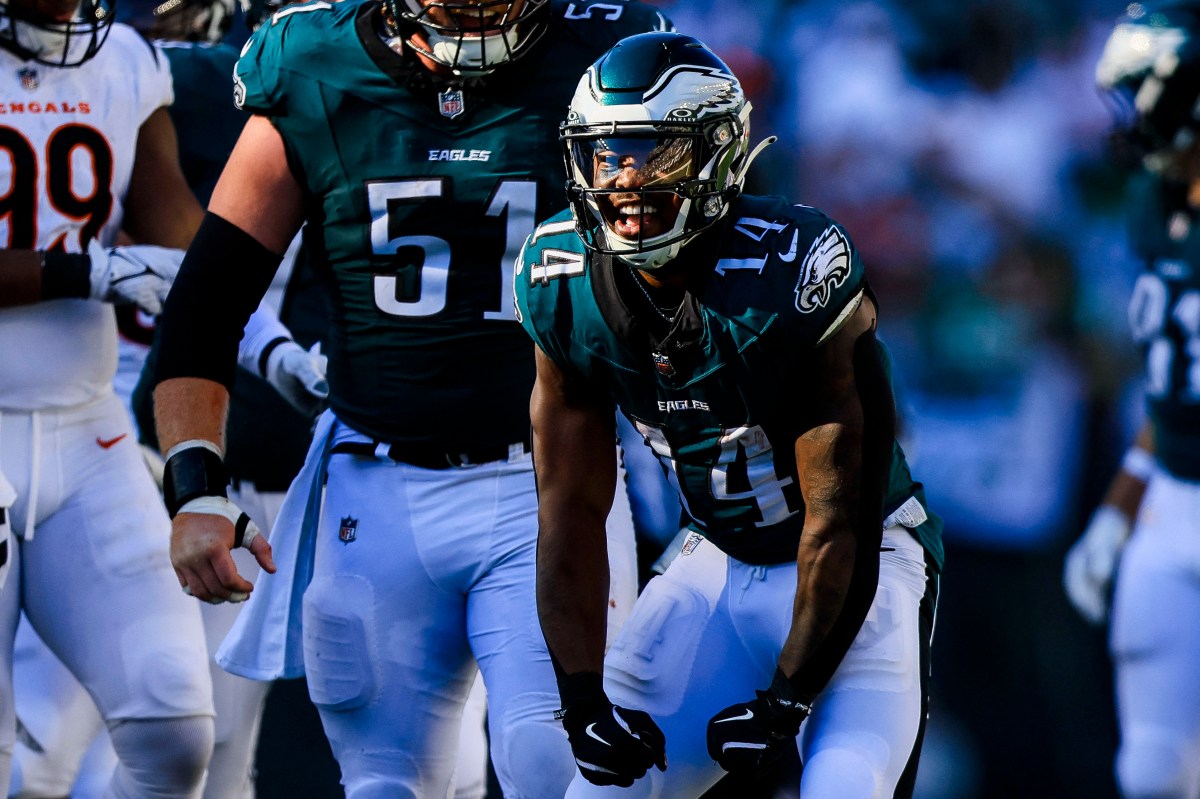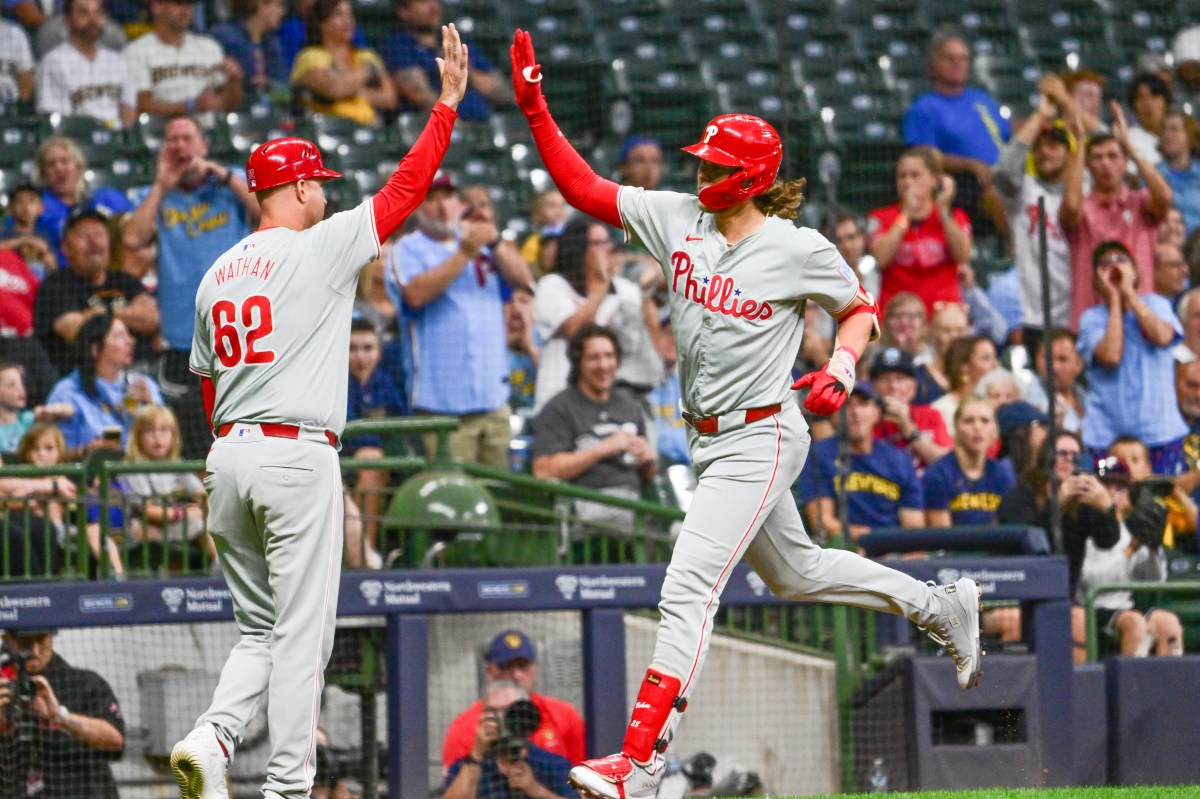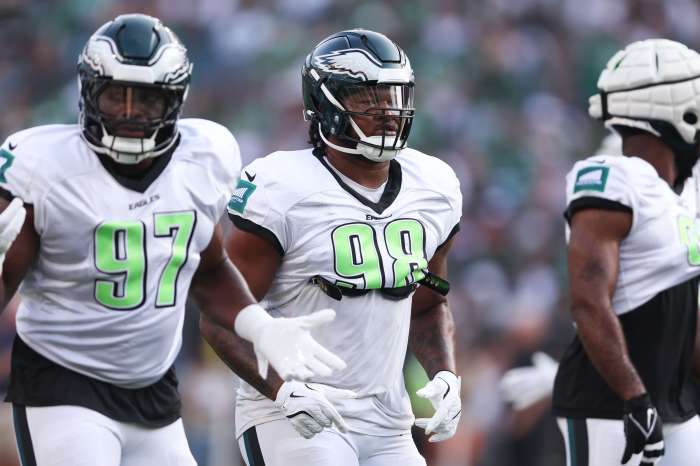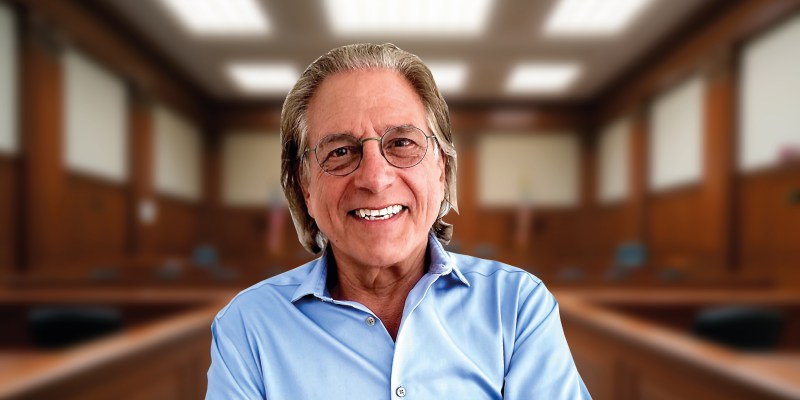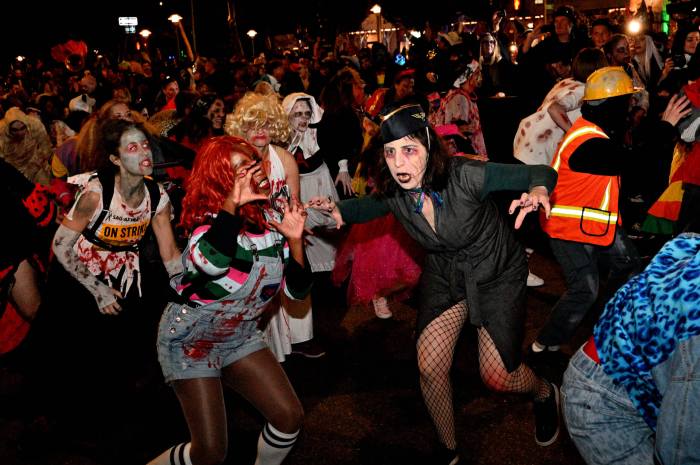From the season-ending injury of quarterback Carson Wentz to their improbable run to the Super Bowl, the 2017 NFL season has been marked by a series of unexpected highs and lows for Philadelphia Eagles fans. But before all that, the biggest story in the NFL surrounded another quarterback, former San Francisco 49ers star Colin Kaepernick.
Kaepernick drew the support and ire of fans all over the country for kneeling during the national anthem last season in protest of police brutality, a move that many observers believe got him blackballed from the NFL and led some fans to stop watching in solidarity.
For Philadelphia, a city that supports activism and free speech, there’s a dilemma: is it possible to support the Super Bowl-bound Eagles while supporting the exiled Kaepernick in his protests of police brutality and his public battle with the NFL?
For local activist Shakira King, not watching her beloved Eagles this season has been anything but easy.
“It’s been really difficult because I come from a big football family,” King said. “Just going to visit my family on those big Sundays when the game is on and being with them is hard because I’m not able to fully celebrate or enjoy the game.
“Even when I’m out at brunch with friends, trying to hold myself accountable has been difficult because as someone who loves my city so much, not watching the Eagles feels like I’m not a part of that, almost like I’m not a full Philadelphian.”
As a local organizer, King said issues with how the NFL treats players have prevented her from enjoying a sport that she loves.
“I’m struggling with feeling like a commodity, a good,” says King. “You only want [us] because [we] can do something for you. You only want black men because they can do something good for you. That’s the thing I struggle with as a football fan and an activist.”
Political scientist Jaimee Swift, a PhD candidate at Howard University, said most sports fans can be inconsistent when it comes to activism.
“I think there is such a cognitive dissonance some people have when it comes to supporting activism and equity and then recognizing that we live in a white male capitalist patriarchy that thrives off competition, production, and the use of the body; which is also reflected in sports, and in this case, football,” he said. “Until we realize that the Eagles, the NFL and other sports conglomerates are truly not for equity for all and just for the almighty dollar, more situations like Kaepernick’s are to come — both in and outside of the NFL. And yet, some of us will still keep cheering.”
But media consultant OJ Spivey, a Philly native and lifelong Eagles fan, believes Eagles fans can cheer their favorite team on in the Super Bowl while still supporting the Kaepernick’s political activism.
“I think you can multi-task: You can still celebrate the Eagles if you want and be conscious of the things that are going on socially,” he said.
Spivey also commended the efforts of Eagles safety Malcolm Jenkins in gaining measurable results following Kaepernick and other NFL players’ protests during the regular season. Jenkins received criticism from some fellow players and fans for agreeing to stop his protests after helping to negotiate a deal for the NFL to donate approximately $100 million to causes important to African Americans and stopped his protests as a result.
“It’s easier to dismiss Malcolm Jenkins as a sellout for the people that aren’t well-informed,” Spivey said. “Malcolm Jenkins had a clear-cut plan of what he wanted in getting social change and changing mass incarceration.”
And even though King won’t be watching the Big Game, her message to the team is clear: Win big.
“We haven’t been to the Super Bowl since I was 12,” she said. “I’ve waited forever for this.”
NFL kneeling controversy timeline
Aug. 26, 2016: After his third preseason game not standing for the national anthem, San Francisco 49ers quarterback Colin Kaepernick explains he is not standing for the national anthem as a way of protesting the oppression of people of color in America and police brutality.
Sept. 22, 2017: President Donald Trump chastises NFL players protesting by kneeling during the national anthem with during a speech in Alabama, saying “Get that son of a b—ch off the field.”
Nov. 30, 2017: After negotiations with a player coalition featuring current and former NFL players like Malcolm Jenkins and Anquan Boldin, the NFL agrees to give $100 million to social justice causes like criminal justice reform and education.



